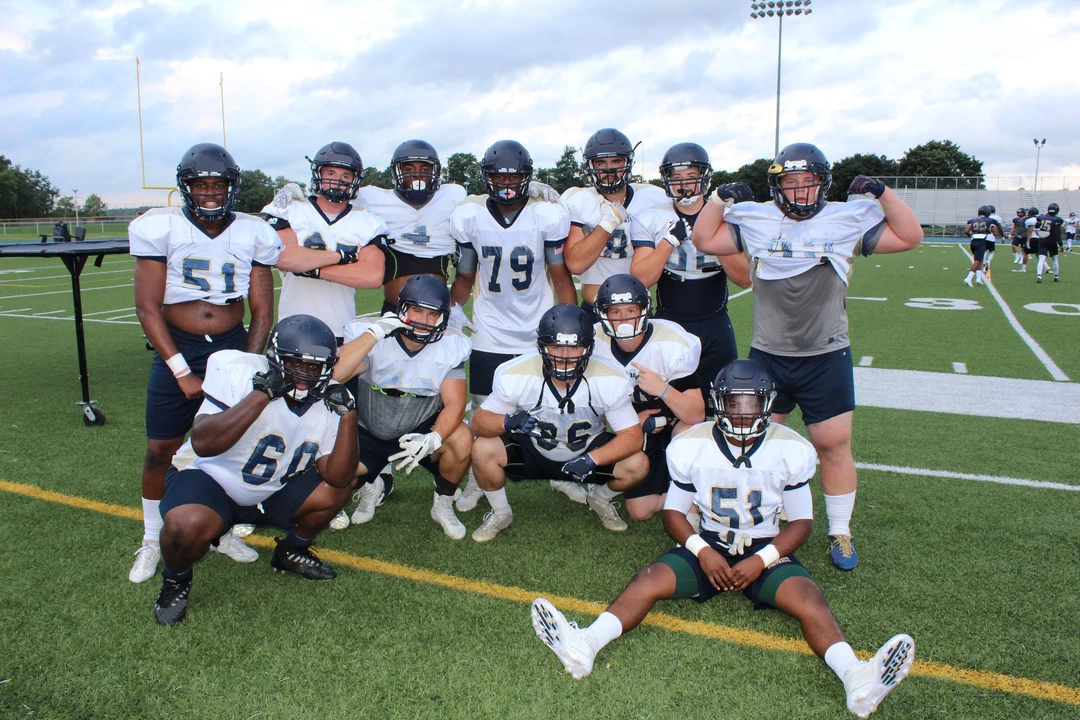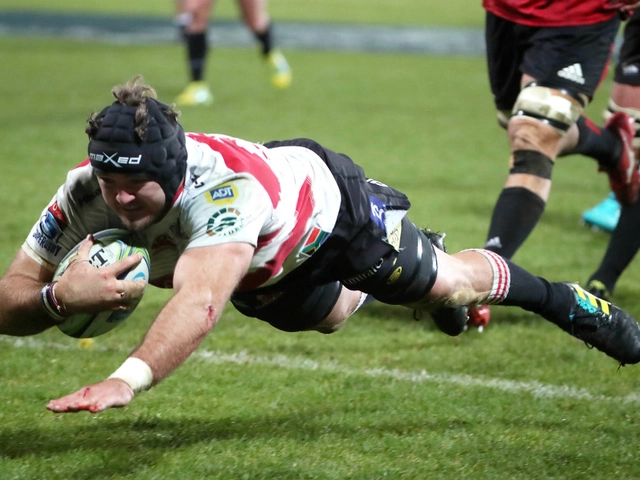Introduction
As a passionate rugby fan, I have often noticed the lack of diversity on the field, which has always led me to wonder, why is rugby considered a white man's sport? In this article, we will delve into the various factors that contribute to this perception, and discuss the role of history, culture, and stereotypes in shaping our understanding of rugby. Let's break down this complex issue and explore the reasons behind rugby's image as a predominantly white sport.
Historical Roots of Rugby
The origins of rugby can be traced back to the early 19th century, where it was developed in the elite schools of England. The sport was primarily played by privileged white students, who later went on to establish the Rugby Football Union (RFU) in 1871. This organization was responsible for spreading the sport to other countries, which were predominantly white-majority nations such as Australia, New Zealand, and South Africa. Over time, the sport's association with white, upper-class society became deeply ingrained, leading to the perception of rugby as a white man's sport.
The Impact of Colonialism
Rugby's spread to other nations was facilitated by British colonialism, which played a significant role in shaping the sport's racial dynamics. In colonized nations, rugby was introduced as an exclusive sport for white settlers, which contributed to the exclusion of indigenous and non-white populations. This further reinforced the perception of rugby as a sport reserved for white people, as it was rarely accessible to those outside of the white community.
Cultural Factors and Stereotypes
The cultural factors and stereotypes surrounding rugby have also played a role in perpetuating the notion of it as a white man's sport. Rugby has often been associated with an image of toughness, strength, and masculinity, which has historically been linked to white male privilege. This stereotype, combined with the sport's roots in elite British schools, has contributed to the perception that rugby is a sport for the privileged and the powerful – a domain reserved for white men.
Media Representation
Another factor that has perpetuated the image of rugby as a white man's sport is the representation of the sport in the media. The majority of rugby players featured in advertisements, television shows, and movies are white men, which further reinforces the stereotype. This lack of diverse representation in the media has a significant impact on the way the public perceives the sport and its participants.
Efforts to Increase Diversity in Rugby
Despite the long-standing perception of rugby as a white man's sport, there have been efforts in recent years to increase diversity within the sport. Many rugby clubs and organizations have begun implementing initiatives aimed at promoting inclusivity and encouraging participation from underrepresented groups. These efforts include targeted outreach programs, scholarships for minority players, and diversity training for coaches and administrators.
Success Stories and Role Models
There have also been some notable success stories of non-white players who have broken barriers and made significant contributions to the sport. Players like Jonah Lomu, a New Zealand rugby legend of Tongan descent, and Siya Kolisi, the first black captain of the South African rugby team, have served as role models and paved the way for greater diversity in the sport. These trailblazers have inspired a new generation of players from diverse backgrounds to pursue rugby as a passion and a career.
Conclusion
In conclusion, rugby's reputation as a white man's sport can be attributed to a complex interplay of historical, cultural, and social factors. While the sport's origins in elite British schools and its spread through colonialism have contributed to this perception, the role of stereotypes, media representation, and the lack of diversity in the sport cannot be ignored. However, with ongoing efforts to increase inclusivity and promote diversity within rugby, there is hope that the sport can shed its image as a white man's game and become more accessible and welcoming to players of all backgrounds. As rugby fans, it's essential for us to support these initiatives and champion diversity in the sport we love.



